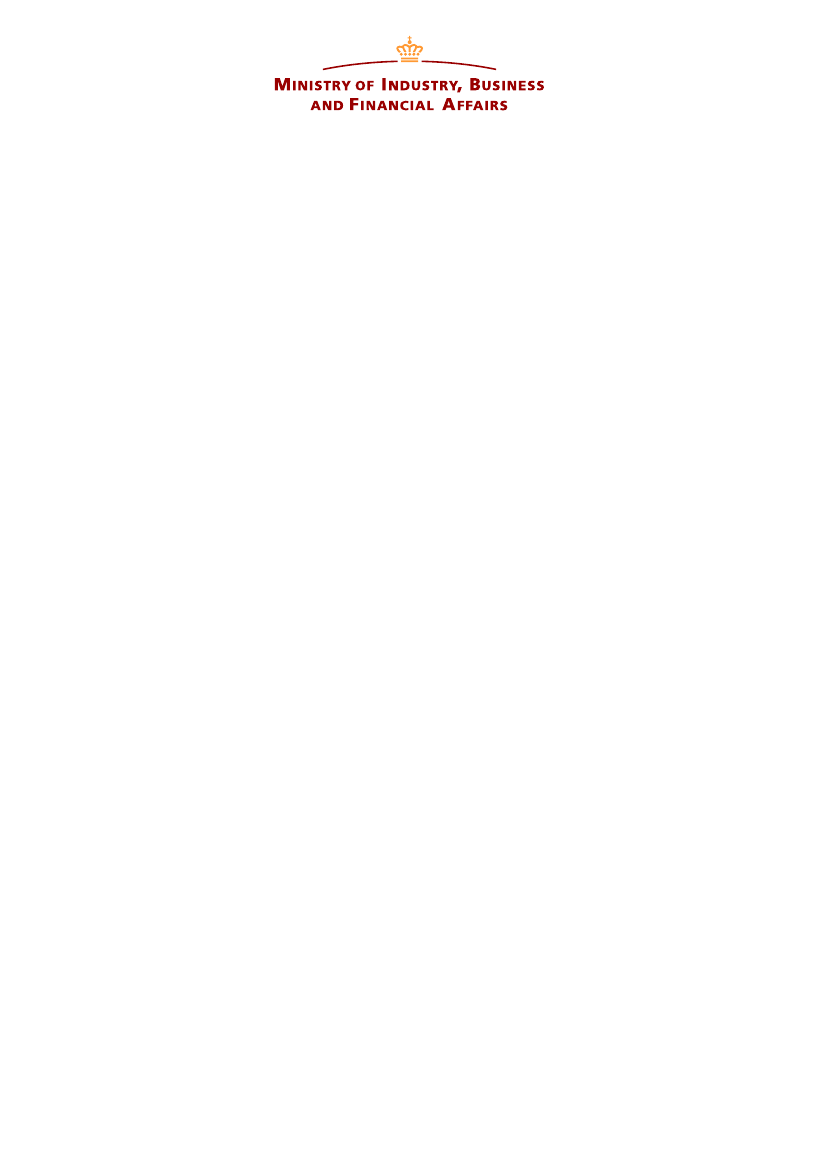
NOTAT
31 May 2021
2021 - 6561
Danish response to the public consultation initiated by the Commission
on a mechanism to deter and counteract coercive action by non-EU
countries
The Danish government appreciates the opportunity to provide input to the
Commission’s public consultation in order to inform the Commission’s
policy preparation regarding a potential mechanism to deter and counteract
coercive action by non-EU countries (so-called
“anti-coercion” instru-
ment).
We agree with the Commission that there have been examples of third
countries attempting to dissuade and influence EU and EU Member States’
policy decisions through means that violate multilateral trade rules. In this
regard, it is important for the EU to find appropriate ways to tackle this
form of coercive action. The EU needs to have the right tools to respond to
illegal trade measures where third countries have taken or threatened to
take action against the EU and/or EU Member States, in breach of multi-
lateral trade rules and exerts economic pressure on private companies with
the aim of influencing policymaking in the EU or its Member States.
However, it is not inherently given that there is a need for an additional
legal instrument in this regard. A thorough, factual analysis will be neces-
sary to be able to assess the need for a new legal instrument in the field of
trade. The Danish government therefore welcomes the Commission's in-
tention to collect data and evidence of economic coercion through the on-
going consultation. In the same vein, the intention of the Commission to
publish an Impact Assessment alongside a legislative proposal for an in-
strument is welcome and essential for the further deliberations on such an
instrument.
Denmark is a strong supporter of the Commission's agenda to strengthen
the multilateral trading system and fully shares the goal of reforming the
WTO and restoring a fully functioning dispute settlement system. With this
in mind, it essential that a future mechanism in the area of trade to deter
and counteract the coercive measures of third countries does not undermine